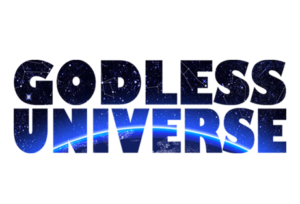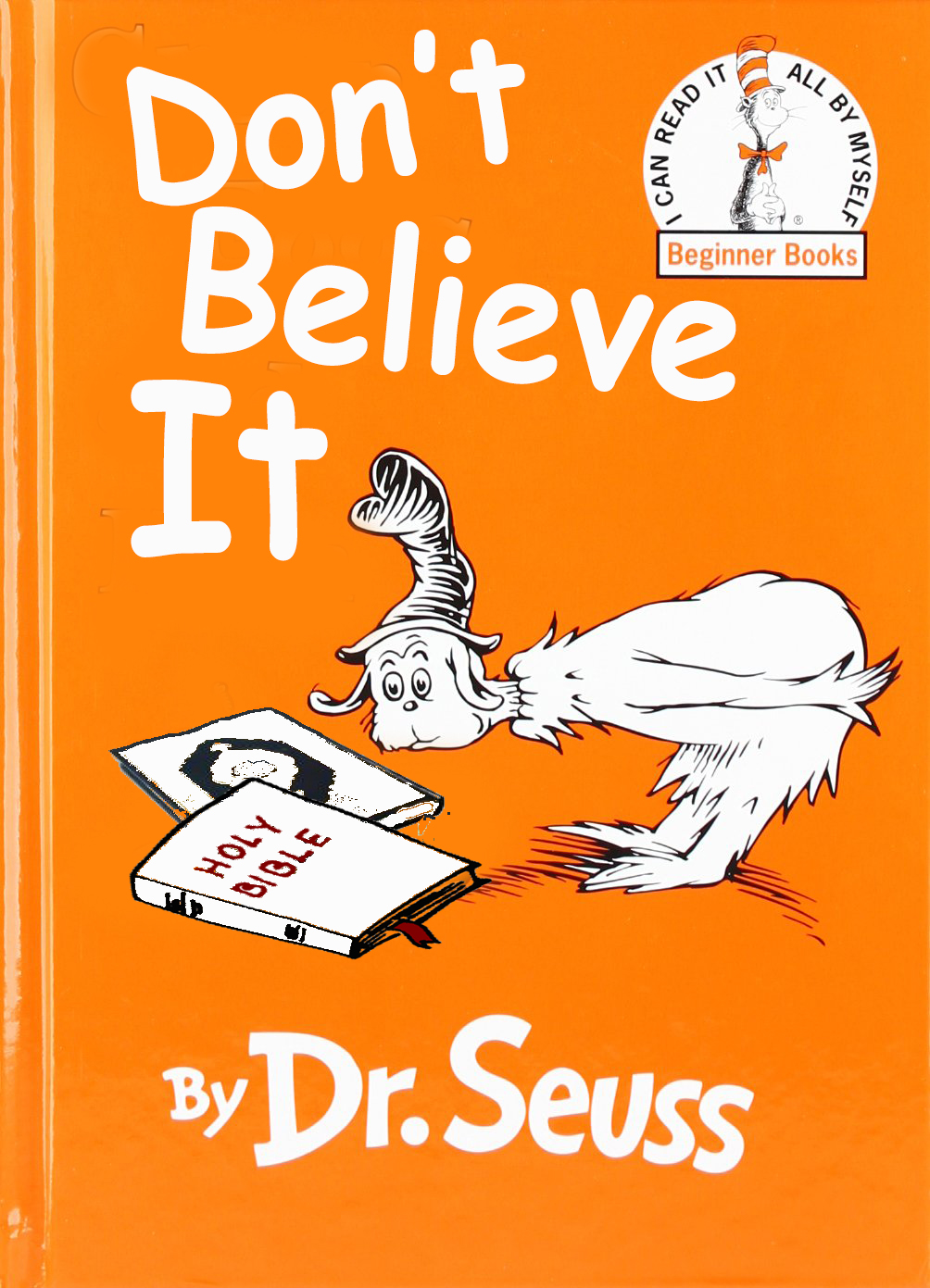Galileo Galilei (1564 – 1642)

“I do not feel obliged to believe that the same god who has endowed us with senses, reason and intellect has intended us to forego their use and by some other means to give us knowledge which we can attain by them. He would not require us to deny sense and reason in physical matters which are set before our eyes and minds by direct experience or necessary demonstrations.”
Charles Darwin (1809 – 1882)

“I may say that the impossibility of conceiving that this grand and wondrous universe, with our conscious selves, arose through chance, seems to me the chief argument for the existence of god; but whether this is an argument of real value, I have never been able to decide. I am aware that if we admit a first cause, the mind still craves to know whence it came and how it arose. Nor can I overlook the difficulty from the immense amount of suffering through the world. I am, also, induced to defer to a certain extent to the judgment of the many able men who have fully believed in god; but here again I see how poor an argument this is. The safest conclusion seems to be that the whole subject is beyond the scope of man’s intellect; but man can do his duty.”
Marie Curie (1867 – 1934)
 “Nothing in life is to be feared, it is only to be understood. Now is the time to understand more, so that we may fear less… Pierre belonged to no religion and I did not practice any.”
“Nothing in life is to be feared, it is only to be understood. Now is the time to understand more, so that we may fear less… Pierre belonged to no religion and I did not practice any.”
Albert Einstein (1879 – 1955)
 “My position concerning god is that of an agnostic. I am convinced that a vivid consciousness of the primary importance of moral principles for the betterment and ennoblement of life does not need the idea of a law-giver, especially a law-giver who works on the basis of reward and punishment. I cannot conceive of a god who rewards and punishes his creatures, or has a will of the type of which we are conscious in ourselves. An individual who should survive his physical death is also beyond my comprehension, nor do I wish it otherwise; such notions are for the fears or absurd egoism of feeble souls. Enough for me the mystery of the eternity of life, and the inkling of the marvelous structure of reality, together with the single-hearted endeavor to comprehend a portion, be it ever so tiny, of the reason that manifests itself in nature.”
“My position concerning god is that of an agnostic. I am convinced that a vivid consciousness of the primary importance of moral principles for the betterment and ennoblement of life does not need the idea of a law-giver, especially a law-giver who works on the basis of reward and punishment. I cannot conceive of a god who rewards and punishes his creatures, or has a will of the type of which we are conscious in ourselves. An individual who should survive his physical death is also beyond my comprehension, nor do I wish it otherwise; such notions are for the fears or absurd egoism of feeble souls. Enough for me the mystery of the eternity of life, and the inkling of the marvelous structure of reality, together with the single-hearted endeavor to comprehend a portion, be it ever so tiny, of the reason that manifests itself in nature.”
Rosalind Franklin (1920 – 1958)
 “In my view, all that is necessary for faith is the belief that by doing our best we shall come nearer to success and that success in our aims is worth attaining. Anyone able to believe in all that religion implies obviously must have such faith, but I maintain that faith in this world is perfectly possible without faith in another world… I see no reason to believe that a creator of protoplasm or primeval matter, if such there be, has any reason to be interested in our insignificant race in a tiny corner of the universe, and still less in us, as still more insignificant individuals.”
“In my view, all that is necessary for faith is the belief that by doing our best we shall come nearer to success and that success in our aims is worth attaining. Anyone able to believe in all that religion implies obviously must have such faith, but I maintain that faith in this world is perfectly possible without faith in another world… I see no reason to believe that a creator of protoplasm or primeval matter, if such there be, has any reason to be interested in our insignificant race in a tiny corner of the universe, and still less in us, as still more insignificant individuals.”
Carl Sagan (1934 – 1996)

“Science is not only compatible with spirituality; it is a profound source of spirituality. When we recognize our place in an immensity of light years and in the passage of ages, when we grasp the intricacy, beauty and subtlety of life, then that soaring feeling, that sense of elation and humility combined, is surely spiritual… For me, it is far better to grasp the Universe as it really is than to persist in delusion, however satisfying and reassuring.”
Stephen Hawking (1942 – 2018)

“Before we understand science, it is natural to believe that god created the universe. But now science offers a more convincing explanation. What I meant by ‘we would know the mind of god’ is, we would know everything that god would know, if there were a god, which there isn’t. I’m an atheist. I regard the brain as a computer which will stop working when its components fail. There is no heaven or afterlife for broken down computers; that is a fairy story for people afraid of the dark.”
Venkatraman Ramakrishnan (Born 1952)

“There is no scientific basis for how movement of planets and stars can influence our fate. There is no reason for time of birth to influence events years later. The predictions made are either obvious or shown to be random… A culture based on superstitions will do worse than one based on scientific knowledge and rational thoughts.”
Neil deGrasse Tyson (Born 1958)

“The more I look at the universe, the less convinced I am that there is something benevolent going on… OK, if that god is described as being all-powerful and all-knowing and all-good, I don’t see evidence for it anywhere in the world. So I remain unconvinced. If that god is all-powerful and all-good, I don’t see that when a tsunami kills a quarter-million or an earthquake kills a quarter-million people… So if Earth in two separate events separated by just a couple of years can kill a half-million people, then if the god as you describe exists, that god is either not all-powerful or not all-good. And so therefore I am not convinced.”























